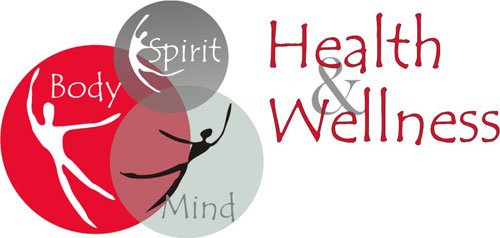
The Mayo Clinic did the first-ever national survey on attitudes toward health and aging found that Americans in their 30s are the least likely to believe they will age better than their parents.
Matt Vlahos is pretty sure he’ll age better than his parents — what with the kickboxing, the yoga and the pickup hoops that consume the 30-year-old’s lunch hours at Life Time Athletic in downtown Minneapolis.
But the big generational difference, as he sees it, is awareness of healthy foods. “Our parents’ generation … uh, well they were raised more on microwave dinners and canned foods,” said Vlahos, a social media manager at Target.
While that might be true, not every member of the 30-something club shares Vlahos’ optimism. A first-ever national survey on attitudes toward health and aging by the Mayo Clinic found that Americans in their 30s are the least likely to believe they will age better than their parents.
Some 56 percent of respondents aged 30 to 39 said they expect to age better, according to the Mayo survey released Wednesday. That was well below the levels of confidence expressed by Americans in their 40s (79 percent), 50s (67 percent) and 60s (72 percent).
Kati Cheney, 30, of Woodbury is a pessimist. On Saturday, she said, she was so busy whisking her two daughters to their activities that she had a bag of chips for lunch. Meanwhile, her father, a retired pastor, was training for an Ironman. “I don’t think, when I’m 50, I will be able to train for an Ironman,” Cheney said.
Increased confidence about aging is to be expected among older Americans, who have lived long enough to know how their later years actually turned out. The Mayo survey found that 92 percent of Americans in their 80s believed they aged better than their parents. But even the millennials in their 20s had more confidence (71 percent) that they would age better than their parents than those in their 30s did.
By Jeremy Olson, Star Tribune, SouthFloridaReporter.com, Jan. 25, 2015
[/vc_message]











